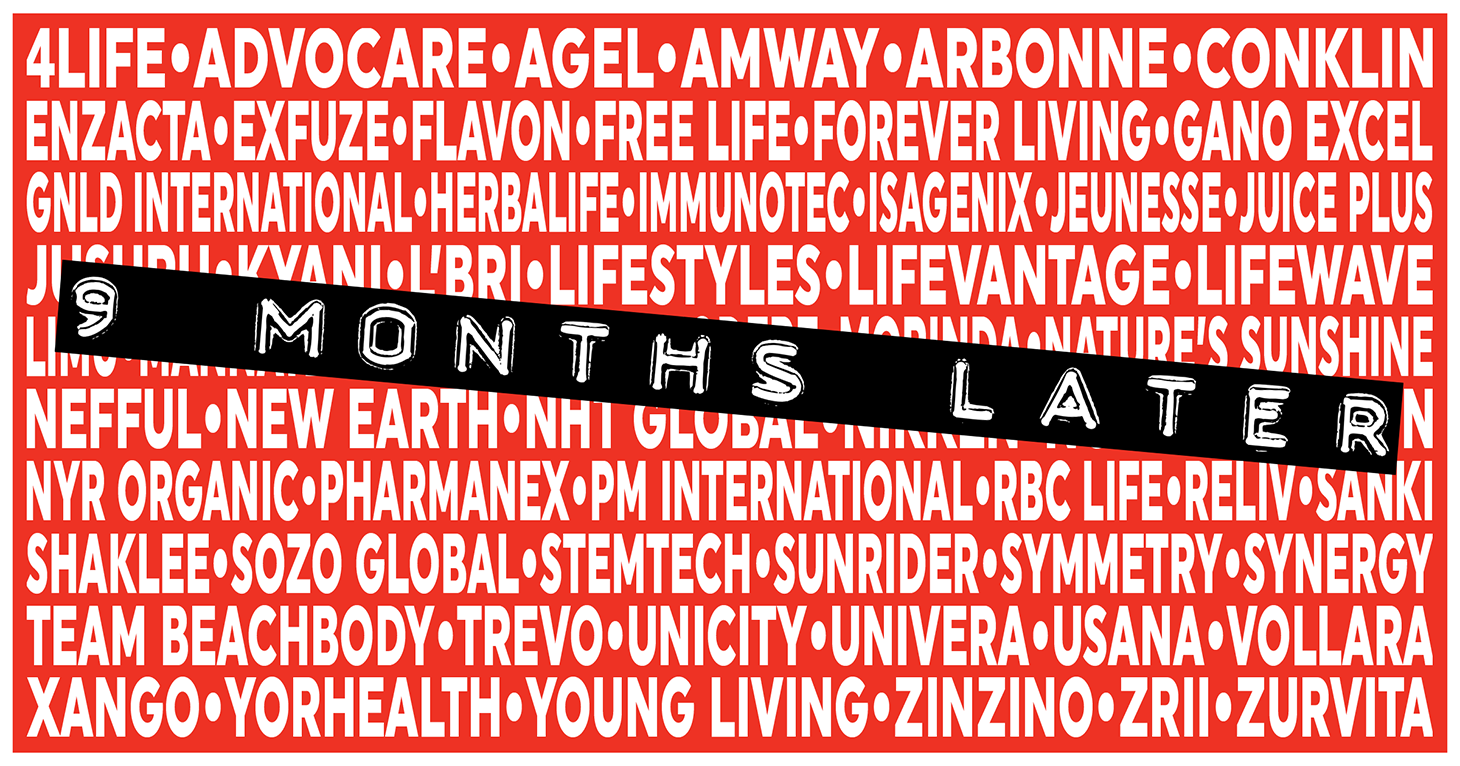
Multilevel Marketing: The Day Job that Doesn’t Pay
More than 97 percent of DSA member companies use or have used misleading income claims.
* * * * * * *
 Beginning at age 7, Benson K. Boreyko learns about multi-level marketing (MLM) from his parents, who are distributors for Amway. By age 18, Boreyko has his own Amway distributorship.
Beginning at age 7, Benson K. Boreyko learns about multi-level marketing (MLM) from his parents, who are distributors for Amway. By age 18, Boreyko has his own Amway distributorship.
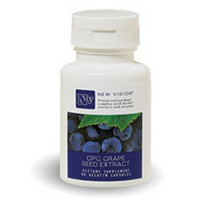 Boreyko and his family transition from distributors to owners of an MLM, establishing Tempe, Arizona-based New Vision International, which sells dietary supplements.
Boreyko and his family transition from distributors to owners of an MLM, establishing Tempe, Arizona-based New Vision International, which sells dietary supplements.
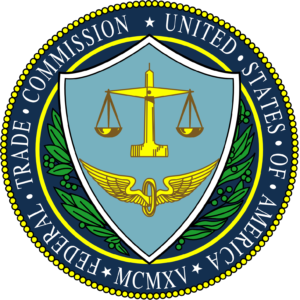 FTC orders Boreyko and New Vision to stop making unsubstantiated health claims that its supplement, referred to as God’s Recipe, can cure and/or treat ADD and ADHD. The consent order remains in effect until 2019, covering any subsequent Boreyko-owned company.
FTC orders Boreyko and New Vision to stop making unsubstantiated health claims that its supplement, referred to as God’s Recipe, can cure and/or treat ADD and ADHD. The consent order remains in effect until 2019, covering any subsequent Boreyko-owned company.
Boreyko tax returns report his income as $219,000—a pittance to what he will make in the coming years.
 After a portion of the FTC order requiring Boreyko to submit all marketing to the agency for approval expires, he and his sisters launch Vemma Nutrition Company, an MLM that distributes mangosteen-based supplements marketed as “liquid nutrition.”
After a portion of the FTC order requiring Boreyko to submit all marketing to the agency for approval expires, he and his sisters launch Vemma Nutrition Company, an MLM that distributes mangosteen-based supplements marketed as “liquid nutrition.”
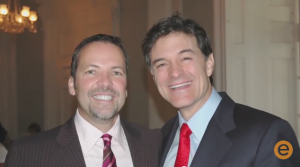 Vemma partners with celebrity Dr. Mehmet Oz and his charity, HealthCorps, donating more than $1 million over the years with mandated contributions (up until 2014) by affiliates. An Oz representative later informs TINA.org that Oz in part endorsed a Vemma product (Verve) on his show because of Vemma’s generosity to his charity.
Vemma partners with celebrity Dr. Mehmet Oz and his charity, HealthCorps, donating more than $1 million over the years with mandated contributions (up until 2014) by affiliates. An Oz representative later informs TINA.org that Oz in part endorsed a Vemma product (Verve) on his show because of Vemma’s generosity to his charity.
 Vemma enters energy drink market with launch of Verve, marketed as a healthy alternative to other sugary energy drinks. In the coming years Verve would take center stage as Vemma focuses on younger recruits.
Vemma enters energy drink market with launch of Verve, marketed as a healthy alternative to other sugary energy drinks. In the coming years Verve would take center stage as Vemma focuses on younger recruits.
 Vemma funds and publishes two clinical studies on the health benefits of its mangosteen-based formula to use in marketing its products.
Vemma funds and publishes two clinical studies on the health benefits of its mangosteen-based formula to use in marketing its products.

New Vision entirely folds into Vemma.
 With launch of the Young People Revolution (YPR) movement at Arizona State University, Vemma places heavy emphasis on recruiting college students across the country.
With launch of the Young People Revolution (YPR) movement at Arizona State University, Vemma places heavy emphasis on recruiting college students across the country.
Company reports $20 million in monthly sales fueled by Verve and 30,000 members joining a month.
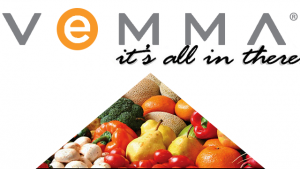 After receiving complaints from students, TINA.org publishes its first investigative pieces about Vemma that reveal misrepresentations made by Boreyko and complaints to the FTC that the company is a pyramid scheme preying on high school and college students with promises of big incomes. Over half a million people subsequently review one or more of these investigatory stories on TINA.org.
After receiving complaints from students, TINA.org publishes its first investigative pieces about Vemma that reveal misrepresentations made by Boreyko and complaints to the FTC that the company is a pyramid scheme preying on high school and college students with promises of big incomes. Over half a million people subsequently review one or more of these investigatory stories on TINA.org.
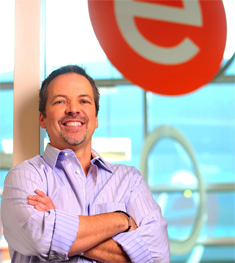 Increasing his income by more than 5,000 percent since 2003, Boreyko earns $12 million for the year while the majority of Vemma distributors gross less than $1,600, and a TINA.org analysis shows 70 percent made no money at all.
Increasing his income by more than 5,000 percent since 2003, Boreyko earns $12 million for the year while the majority of Vemma distributors gross less than $1,600, and a TINA.org analysis shows 70 percent made no money at all.
 Complaints to the FTC about Vemma triple; parents say company has “cult-like” qualities and is encouraging students to drop out of college.
Complaints to the FTC about Vemma triple; parents say company has “cult-like” qualities and is encouraging students to drop out of college.
 TINA.org is used as a resource by numerous media outlets that report stories critical of Vemma’s YPR push, including Al Jazeera, Rolling Stone, the Sunday Times of London and the Today show, which broadcasts a video capturing a New York City-based Vemma distributor making unsubstantiated income claims to an undercover reporter.
TINA.org is used as a resource by numerous media outlets that report stories critical of Vemma’s YPR push, including Al Jazeera, Rolling Stone, the Sunday Times of London and the Today show, which broadcasts a video capturing a New York City-based Vemma distributor making unsubstantiated income claims to an undercover reporter.
 TINA.org publicizes Italian decision deeming Vemma a pyramid scheme; the company appeals. TINA.org alerts FTC and publishes an analysis that reveals that Vemma’s business structure in U.S. is strikingly similar to that in Italy. In an attempt to distance his company from pyramid scheme allegations and the beleaguered MLM Herbalife, BK starts referring to Vemma as an affiliate marketing company.
TINA.org publicizes Italian decision deeming Vemma a pyramid scheme; the company appeals. TINA.org alerts FTC and publishes an analysis that reveals that Vemma’s business structure in U.S. is strikingly similar to that in Italy. In an attempt to distance his company from pyramid scheme allegations and the beleaguered MLM Herbalife, BK starts referring to Vemma as an affiliate marketing company.
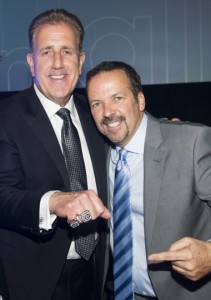 TINA.org publishes investigation revealing that numerous high-ranking affiliates, including Vemma’s highest paid couple Tom & Bethany Alkazin, are making unsubstantiated health and treatment claims in violation of the 1999 FTC consent order and alerts FTC and company. Boreyko promises to crackdown, then eliminates some of the claims TINA.org reveals.
TINA.org publishes investigation revealing that numerous high-ranking affiliates, including Vemma’s highest paid couple Tom & Bethany Alkazin, are making unsubstantiated health and treatment claims in violation of the 1999 FTC consent order and alerts FTC and company. Boreyko promises to crackdown, then eliminates some of the claims TINA.org reveals.
 Class-action lawsuit filed in federal court against Vemma alleges it is making illegal health claims and is relying on “worthless studies” to back them up.
Class-action lawsuit filed in federal court against Vemma alleges it is making illegal health claims and is relying on “worthless studies” to back them up.
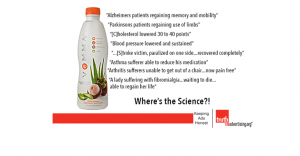 With numerous Vemma health and treatment claims still present on social media and websites, TINA.org launches a Twitter campaign (#VemmaTruth) to expose these illegal claims, many of which quickly disappear after TINA.org publicizes them.
With numerous Vemma health and treatment claims still present on social media and websites, TINA.org launches a Twitter campaign (#VemmaTruth) to expose these illegal claims, many of which quickly disappear after TINA.org publicizes them.
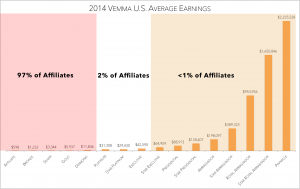 With Vemma sales flat for the year, less than 3 percent of distributors make a living wage and 80 percent lose money, a TINA.org analysis reveals.
With Vemma sales flat for the year, less than 3 percent of distributors make a living wage and 80 percent lose money, a TINA.org analysis reveals.
 TINA.org publishes a database of several hundred examples of illegal health claims made by Vemma affiliates that violate 1999 FTC order. The database also includes videos of Boreyko himself making unsubstantiated health claims.
TINA.org publishes a database of several hundred examples of illegal health claims made by Vemma affiliates that violate 1999 FTC order. The database also includes videos of Boreyko himself making unsubstantiated health claims.
 Vemma chief marketing officer, Mark Patterson, credited with Verve success, leaves for another MLM (Jeunesse). Other distributors including Alex Morton, the face of the YPR movement, follow.
Vemma chief marketing officer, Mark Patterson, credited with Verve success, leaves for another MLM (Jeunesse). Other distributors including Alex Morton, the face of the YPR movement, follow.
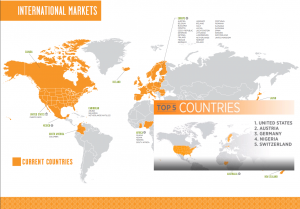 Officials in Switzerland and Austria confirm to TINA.org that Vemma, which has expanded to 50 countries, is under investigation in their countries regarding its business structure.
Officials in Switzerland and Austria confirm to TINA.org that Vemma, which has expanded to 50 countries, is under investigation in their countries regarding its business structure.
 The FTC files complaint and temporary restraining order with asset freeze against Vemma claiming, among other things, it is an illegal pyramid scheme. Vemma put in hands of temporary receiver.
The FTC files complaint and temporary restraining order with asset freeze against Vemma claiming, among other things, it is an illegal pyramid scheme. Vemma put in hands of temporary receiver.
 Tom and Bethany Alkazin, Vemma’s highest earning distributors, were individually named as defendants in the lawsuit against Vemma alleging deceptive income claims.
Tom and Bethany Alkazin, Vemma’s highest earning distributors, were individually named as defendants in the lawsuit against Vemma alleging deceptive income claims.
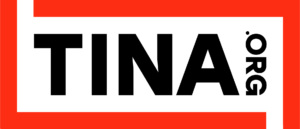 FTC issues public statement about Vemma action: thanks TINA.org for assistance.
FTC issues public statement about Vemma action: thanks TINA.org for assistance.
A hearing on the FTC’s motion for Preliminary Injunction and additional relief scheduled.
 FTC court documents reveal that Vemma reclassified failed distributors as customers to pump up supposed customer base, was losing money — more than $4 million worldwide in 2015 — and that 94 percent of affiliates earned less than $500 per year between 2013 and 2014. Meanwhile, Vemma paid Boreyko more than $19 million from 2010-2015.
FTC court documents reveal that Vemma reclassified failed distributors as customers to pump up supposed customer base, was losing money — more than $4 million worldwide in 2015 — and that 94 percent of affiliates earned less than $500 per year between 2013 and 2014. Meanwhile, Vemma paid Boreyko more than $19 million from 2010-2015.
 Concluding that Vemma likely operates an illegal pyramid scheme, the court severely limits the Vemma business opportunity, prohibiting the company from linking any affiliates eligibility for bonuses to their own purchases of Vemma products and from tying bonuses primarily to recruiting.
Concluding that Vemma likely operates an illegal pyramid scheme, the court severely limits the Vemma business opportunity, prohibiting the company from linking any affiliates eligibility for bonuses to their own purchases of Vemma products and from tying bonuses primarily to recruiting.
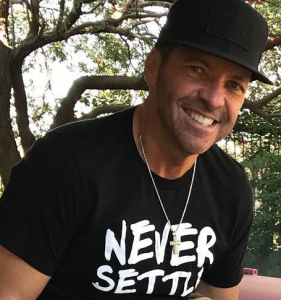 Vemma, Boreyko reach $238 million settlement with FTC; agree to ban on recruitment focused business ventures, deceptive income claims and unsubstantiated health claims.
Vemma, Boreyko reach $238 million settlement with FTC; agree to ban on recruitment focused business ventures, deceptive income claims and unsubstantiated health claims.
More than 97 percent of DSA member companies use or have used misleading income claims.
Company tries to compel blogger to turn over her sources.
More than 1,000 unsubstantiated health claims remain on the internet nine months after TINA.org’s investigation.

